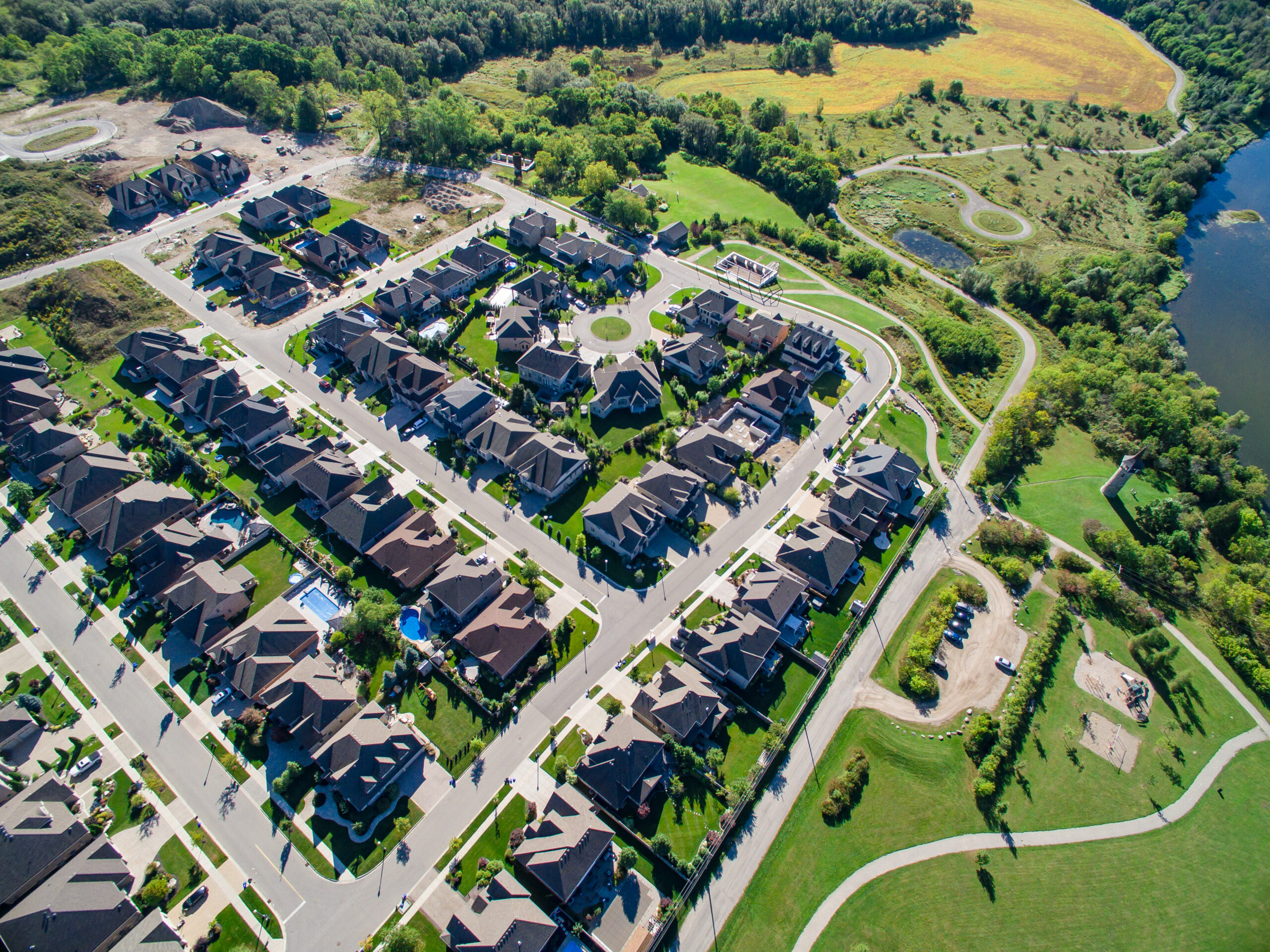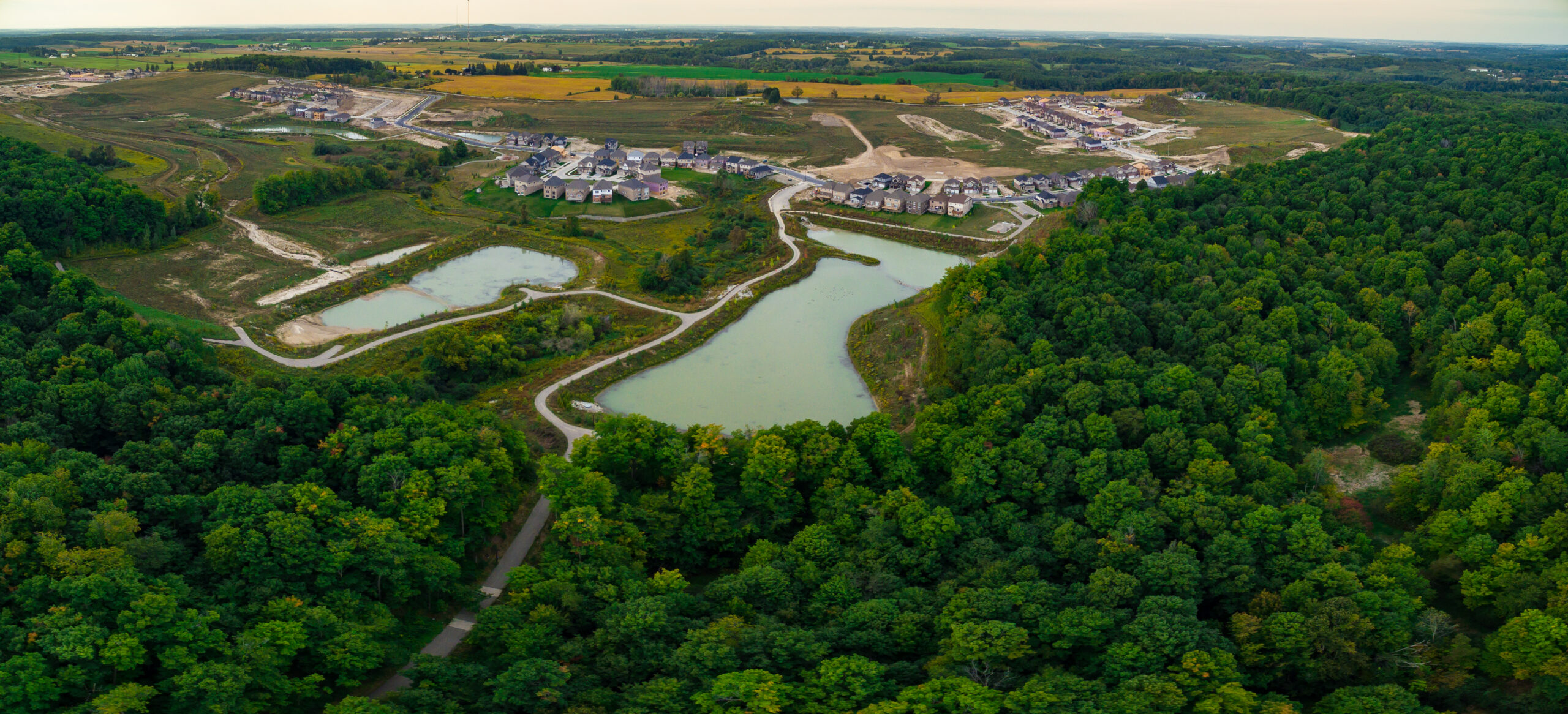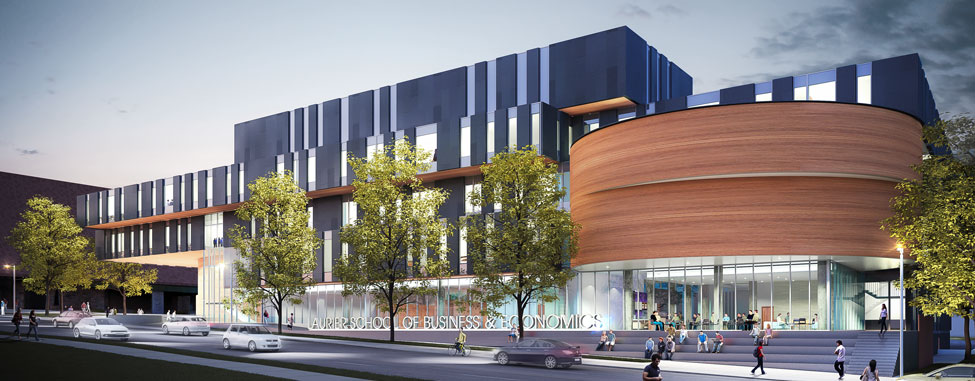
s m in
iPlus or Integrated Planning Land Use Solutions was created to help our clients with the land development process in Southwestern Ontario. Whether it be project conception, optimization, or management, iPlus specializes in mitigating many of the problems that occur within the land development process. iPlus works with multiple shareholders resolving issues in a project’s design, approvals and construction phases.
In short- this group’s specialty is optimizing large-scale land use opportunities and working with multiple disciplines to bring a project to fruition easily.
Some of our notable projects include:
- Lazaridis School of Business and Economics
- Wilfried Laurier Master Plan
- Vista Hills community
The Development Process
Development is not as simple as it seems. Any project requires extensive research and preparation, well before the first shovel is in the ground. The majority of time is spent in the pre-development stage; working through studies, design and planning, approvals, documentation and financing.
Developing any real estate project is a complex process which can be broken down into the following steps.
1. Conduct a Market Analysis
Before starting any development project, you need to understand the local real estate market, the demand for residential properties and the pricing trends. This involves researching and analyzing the area of development, demographics, zoning regulations and infrastructure. This information is key to identifying the most profitable and sustainable development opportunities. Some of the things you want to analyze are:
-
Population growth — how many people are coming to the area you wish to develop in?
-
Employment — how many new jobs are being created?
-
Supply and demand — how many new homes or dwellings are being built and how does this relate to the underlying demand?
-
Infrastructure investment — are new roads, hospitals, transportation systems or schools being built?
-
Lifestyle factors — what impact do parks, shopping centres, nightlife and entertainment have on an area?
-
Affordability — what does it mean to be affordable and does this impact the demand for property in a particular area?
2. Choose the Right Location
Location is a crucial factor in real estate development. Considering factors such as accessibility, proximity to amenities and the availability of public transportation are all important for choosing a location that is in demand and has the potential for future growth. In most cases, you want to find markets with positive population growth and a diverse employment base. Being close to urban cores or economic centers is also a major plus.
3. Determine the Type of Development
Next, you will need to consider the type of residential development that will meet the market demand of your chosen location and determine the following:
- What can you currently build on the site?
- What can you potentially build on the site?
- How many units?
- What restrictions are there?
You will also need to determine what housing type or property type you will build:
- single-family homes
- townhouses
- condos
- mixed-use
- commercial/retail

4. Create a Development Plan
The creation of a detailed development plan is necessary that includes timelines, budget, construction, and marketing strategies. Ensure that your development plan is realistic, feasible, and within the regulatory framework.
5. Secure Financing
Real estate development requires significant capital investment. You will likely need to secure financing from investors, banks, or other financial institutions before or during development.
6. Work with Local Authorities
Work with your local authorities to obtain the necessary permits, approvals, and inspections. You will need to comply with zoning regulations, environmental laws, and building codes.
In conclusion, residential land development requires careful planning, research and execution. Consider the local market, location, financing, development plan, regulatory requirements and partner with an experienced land planning firm.
Looking to develop your property but don’t know where to start? Contact us!

